As a Biomedical Science major, you’ll focus on those disciplines of the natural sciences and mathematics to help you prepare for medicine, dentistry or veterinary medicine.
What you’ll study
The BIOMEDICAL SCIENCE major is designed for highly motivated students who are considering a career in health science areas such as medicine, dentistry or veterinary medicine. The major focus on those disciplines of the natural sciences and mathematics which will assist students in their preparation for matriculation into professional or graduate schools.
A Concentration in Pre-Medicine, Pre-Veterinarian or Pre-Dentistry is Required.
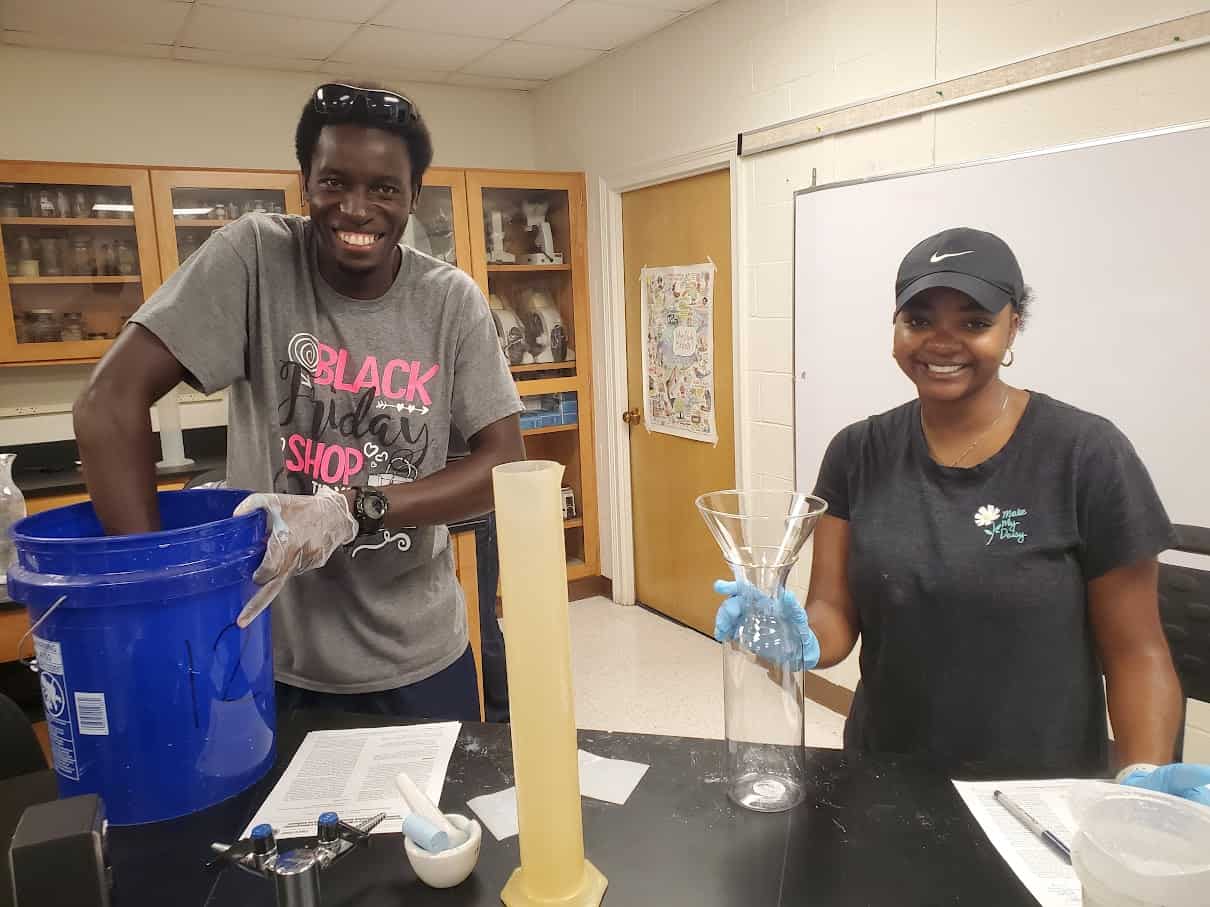
Faculty & Staff
Email any of our advisors with any questions you have about completing this program.
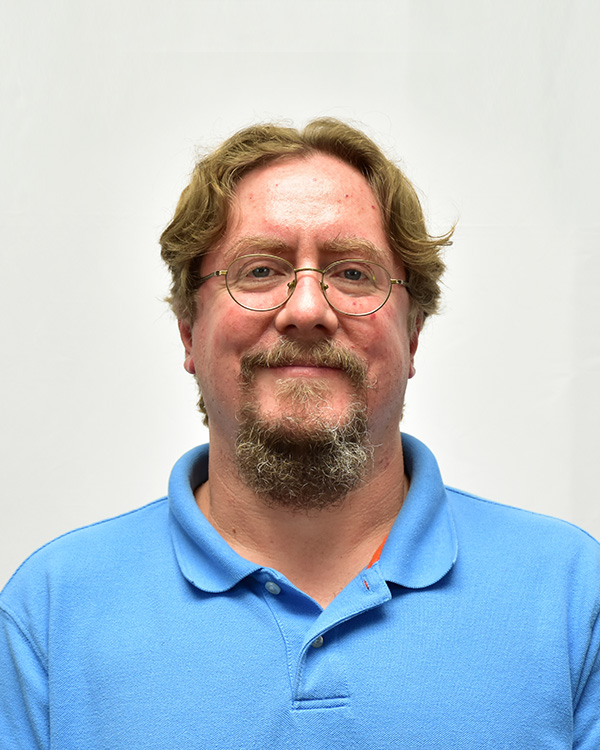
Dimitri Blondel, Ph.D.
Daniel Elias, Ph.D.
Associate Professor of Environmental Science/Program Coordinator, Environmental Science
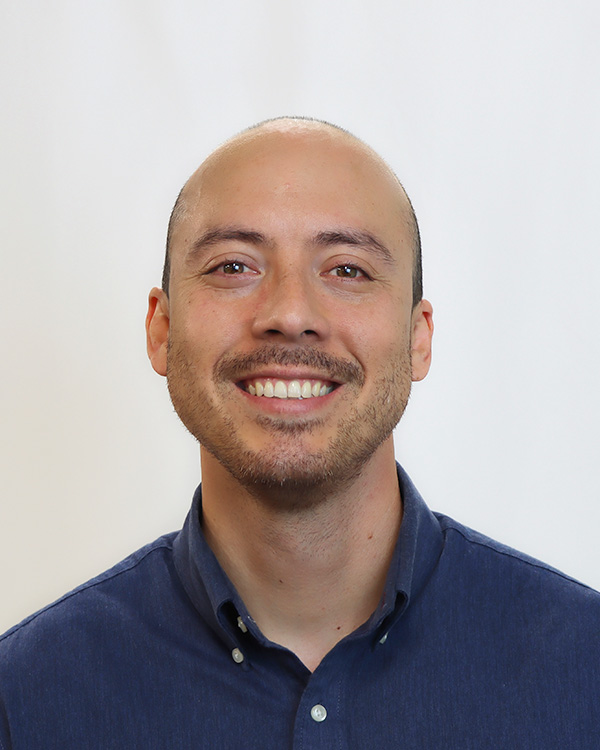
Daniel Elias, Ph.D.

Heather Louch, Ph.D.
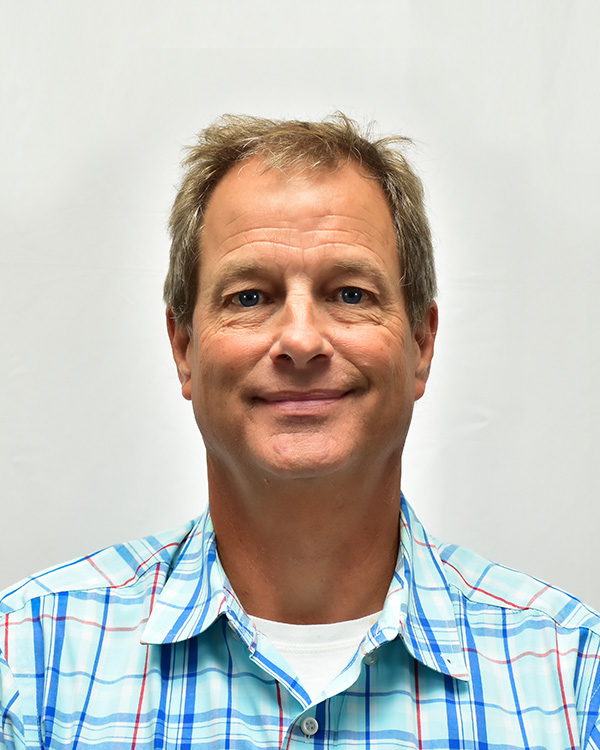
John Temple, Ph.D.

Ami Thompson, Ph.D.
Emily Weber, Ph.D.
Assistant Professor of Biology/Program Coordinator, Biomedical Science

Emily Weber, Ph.D.
Students majoring in biomedical sciences will feel prepared to go on to medical school and other medical or health-related graduate programs. Students will leave feeling prepared for the various entrance exams needed for graduate-level study.
Here are some highlighted courses included in the Biomedical Science Major:
BIO 101 – Life Science
An introductory course for a student with a minimal science background. This course introduces the student to some of the fundamental aspects of life and the major concepts of biology, including scientific method, ecology, cells and molecules, genetics, DNA, biotechnology and evolution.
BIO 303 – Genetics
A course which covers the principles of inheritance. The topics will range from the origins of genetics as laid down by Mendel in the nineteenth century to the most recent discoveries in genetics dealing with genetic engineering and other current topics. Students will be exposed to common problem-solving skills essential in this field of study.
CHM 301 – Organic Chemistry I
This course will introduce the chemistry of carbon compounds. Chemical structure, nomenclature, stereochemistry, properties, reactions and reaction mechanisms of the alkanes, alcohols, amines and carbonyl groups will be investigated. The experimental portion will introduce the student to the basic laboratory techniques used in organic chemistry. These techniques will be used in the isolation, purification and identification of common organic solids and liquids. Special attention will be given to important concepts such as extraction, crystallization, distillation and chromatography.
BIO 222 – Evolution
Evolution course designed for entering majors or students with strong science preparation. The course focuses on the origin of molecules and life, natural selection, genetic drift, neutral theory, coalescence theory, molecular clock, speciation, phylogeny, evolutionary developmental biology, photosynthesis and animal embryonic development.
PHY 211 – General Physics I
General Physics I is an introductory course in physics that deals with statics, dynamics and thermodynamics. The course includes studies of Newton’s Laws of Motion, gravitation, Law of Conservation of Momentum, work and energy, fluid behavior, heat transfer and thermodynamics.
MAT 213 – Elementary Statistics
Topics will include descriptive statistical techniques including sampling techniques, collection of data, frequency distributions, graphing of data and analysis of data (measures of central tendency, location and spread); introduction to relationships between quantitative variables (correlation and least squares regression); probability rules with known probability distributions such as binomial and normal distributions; introduction to statistical inference (confidence intervals, hypothesis testing and making predictions).
What are the courses like in Biomedical Science at NCWU?
Check out our latest university catalog for learning goals, course descriptions and suggested plans of study for NC Wesleyan University’s Biomedical Science Program.
A Concentration in Pre-Medicine, Pre-Veterinarian or Pre-Dentistry is Required.
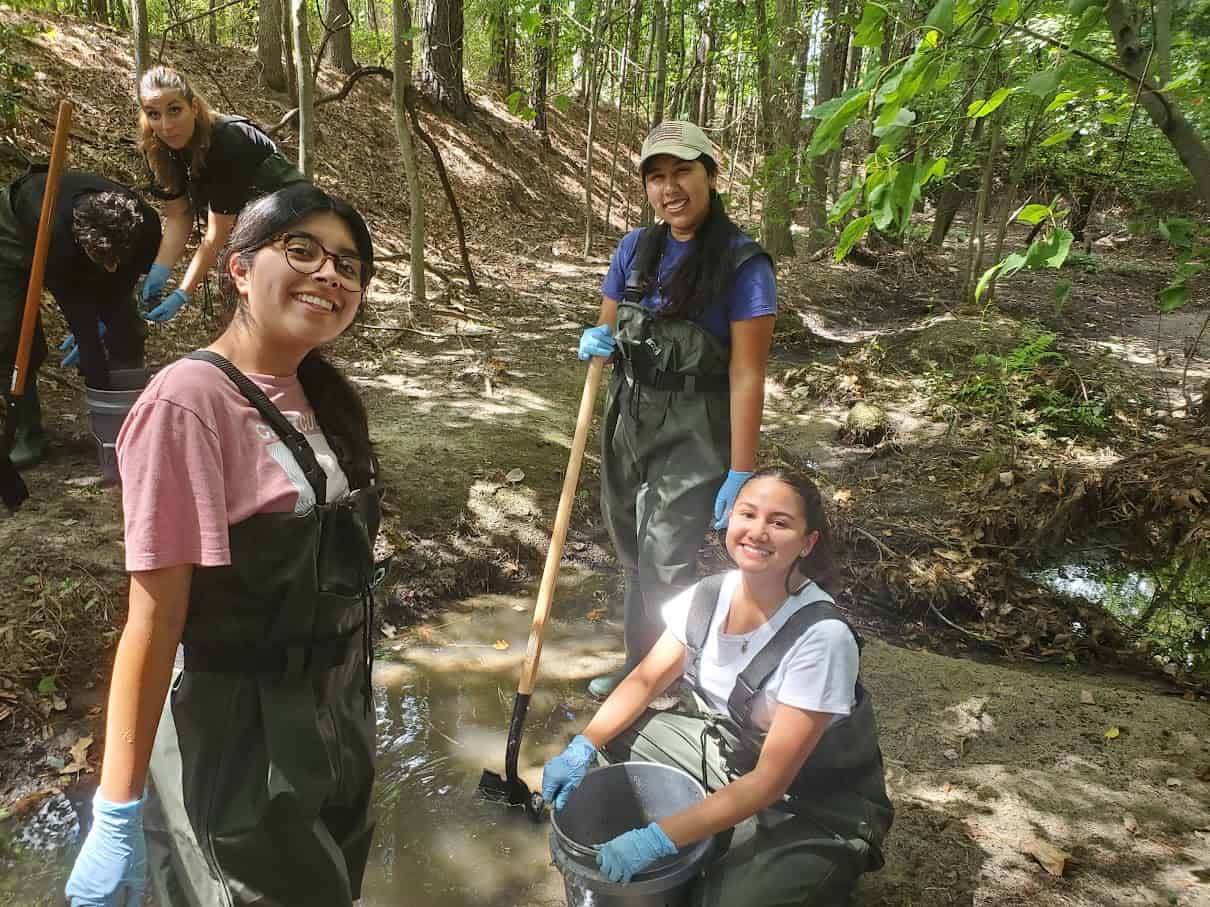
How does this degree prepare students for a career?
Biomedical Science majors develop many skills which can prepare them for success in public and private environments. Careers for biomedical science majors exist in many areas and students often use the biomedical science skills they acquire as a gateway to working in many fields such as education, research, sales, medical practice, and hospital and institutional work. Also, students often pursue a professional degree, medical degree, or maybe as scientists, researchers, educators, and more.
Career Options
- Medical, Dentistry, or Veterinary Careers (with graduate training)
- Public Health Careers
- Academic Research in University Settings
- Research and Product Development in Medical Supply and Pharmaceutical Industries
- Pharmaceutical or Medical sales
- Teaching
- Scientific Writing
- Laboratory Technology
- Environmental Scientists
Additional information on preparation for health-related careers and recommended courses can be found by consulting the following external resources:
Chiropractic School Applicants
Association of Chiropractic Colleges (U.S. & Canada)
Dental School Applicants
ADEA Official Guide to Dental Schools
Medical School Applicants
American Association of Medical Colleges
Osteopathic Medical School Applicants
American Association of Osteopathic Medicine
Occupational Therapy School Applicants
The American Occupational Therapy Association, Inc.
Optometry School Applicants
Association of Schools and Colleges of Optometry
Pharmacy School Applicants
American Association of Colleges of Pharmacy
Physical Therapy Applicants
American Physical Therapy Association
Physician Assistant School Applicants
American Academy of Physician Assistants
Podiatry School Applicants
American Association of Colleges of Podiatric Medicine
Veterinary Medical School Applicants
Association of American Veterinary Colleges
Wondering what you can do with a degree from NCWU’s Biomedical major? Check out these resources from NCWU Career Development & Leadership and the Occupational Information Network (O*NET).
Wesleyan is dedicated to assisting students in their professional development offering resources and guidance for hands-on learning experiences through internships, assignments within the courses and job search resources. Let us help you focus on your education and career at the same time!
Pre-Medical/Pre-Health Professions
North Carolina Wesleyan University offers a variety of majors that prepare students for admission to professional programs such as medicine, osteopathic medicine, dentistry, physician assistant, physical therapy, veterinary medicine, occupational therapy, optometry, and podiatry. There is no specific major that is required for admission to any professional school in the health professions. All professional schools have specific courses that they require for admission, and a student may major in many different disciplines as long as they take the courses that are required for admission to the professional school in specific field of interest. Although many students choose to major in biology, biomedical science, chemistry, or exercise science, there are successful applicants to professional schools from all majors.
Experiential Learning Outside of the Classroom
In addition to specific coursework, most professional schools require experiences outside of the classroom for admission to their programs. Students at North Carolina Wesleyan University have the opportunity to pursue research with professors, including presentation of work at professional conferences and publication of the work. Students are also encouraged to participate in co-curricular and volunteer opportunities such as the Student Science Symposium held each spring semester and organizations such as the Exercise Science Club to further professional socialization efforts in a chosen health field. Students who are interested in pursuing admission to a professional school in the health professions should also seek out other appropriate volunteer and/or internship experiences prior to applying for admission to a professional school.
Pre-Health Course Requirements and Prerequisites for Professional Schools
All students interested in attending a professional school in the health professions should be sure to consult closely with their advisor and the Pre-Health Professions Advisor to ensure that they are taking the appropriate coursework. An additional source of information on required and recommended coursework is available through professional organizations in the specific health profession.
NCWU Courses that Satisfy Medical and/or Dental School Requirements
Recommended courses for medical and/or dental schools |
Required semester hours |
NCWU courses that fulfill professional school requirements |
| Chemistry (General) |
8 | CHM 111/112 and 121/122 – General Chemistry I and II with laboratories |
| Organic Chemistry | 8 | CHM 301/302 and 311/312 – Organic Chemistry I and II with Laboratories |
| Biology (Introductory) |
8 | BIO 200 – Cell Biology BIO 231 or 232 – Anatomy and Physiology I and/or II |
| Advanced Biology (Recommended) | 4-8 | BIO 303 – Genetics BIO 406 – Physiology BIO 316 – Microbiology CHM 321/322 – Biochemistry with Laboratory |
| Physics (Introductory) |
8 | PHY 211/212 and/or PHY 221/222 – General Physics I and II PHY 231/232 – Introduction to Analytical Physics I with Laboratory |
| Mathematics | 8 | MATH 121 – Calculus I MATH 122 – Calculus II |
| English | 3-6 | ENG 111 – English Composition I
ENG 112 – English Composition II |
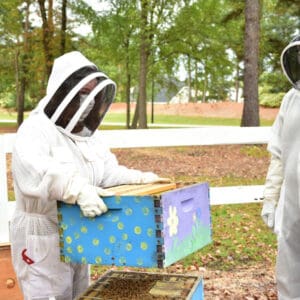
The “B” Club
For all who love bees, honey, or being outside! The “B” Club’s purpose is to bring biodiversity to Wesleyan through the promotion of ideas that will bring new animals and plants to campus. NCWU students maintain a bee hive on campus along with maintaining future birdhouses, bird baths, and plants that will be brought to campus for the attraction of bats, birds, and butterflies. The “B” Club also acts as an advocate for sustainability and environmental protection and conservation. We also educate the campus and community on conservation, preservation, and biodiversity.
Advisor: Ayra Sundbom, asundbom@ncwu.edu
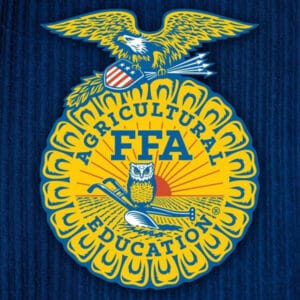
Future Farmers of America
Get involved with NCWU’s FFA Program and learn different farming and agricultural techniques. The FFA program educates its members on farm animals and how to properly care for them. We will also endeavor to foster a healthy learning environment where our members will develop their leadership skills, promote positive personal growth, and career success through agricultural education.
Contact: Daniel Elias, DElias@ncwu.edu
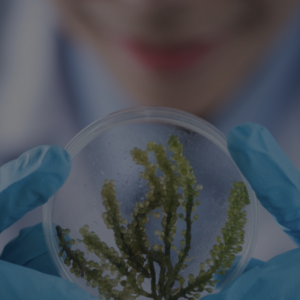
NCWU Office of Undergraduate Research
The NCWU Office of Undergraduate Research (OUR) is supports and promotes opportunities for students in all disciplines to engage in advanced inquiry through research, creative, and scholarly experiences. To promote collaboration between faculty members and students, and to enhance professional advancement and life-long learning through research, scholarly, and creative experiences.
Learn about the NCWU Office of Undergraduate Research at ncwcresearch.com.
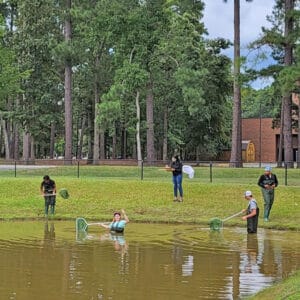
NCWU Science Club
The Science Club encourages students to pursue careers in science-related fields and keeps the university and community informed on health-related issues, as well as participating in community service.
Advisor: Dr. Daniel Elias, delias@ncwu.edu
Get Connected!
Connect and follow the Biology department through social media and experience what life is like inside and outside of the classroom in the Biology, Biomedical, and Environmental Science programs at NCWU.
facebook.com/ncwuBiology
24/7 Tutoring Services. Free & Easy.
North Carolina Wesleyan University is partnered with Brainfuse, a complimentary online tutoring service, provided to all Wesleyan students. This service is available 24 hours a day, seven days a week and features live tutoring in the subjects of writing, reading, math, computer and technology, science and business.
Student Organizations
Be engaged at NCWU!
Choose from 30+ student-led clubs and organizations to connect with other students who share your academic interests or… create your own.
Transfer Articulation Agreements
To simplify the transfer process, NC Wesleyan University has a number of partnerships with other community colleges, universities and institutions that allow students to enroll at NCWU with simple pathways. These agreements outline the courses you should take to prepare for transferring to NCWU. Review the full list of transfer articulation agreements to see if your institution is listed.




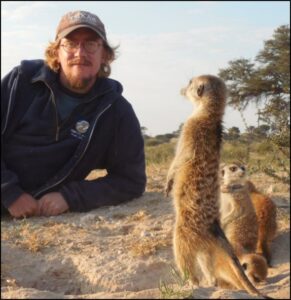 Selected publications:
Selected publications: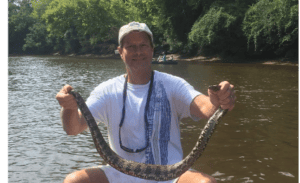 More About Me:
More About Me: